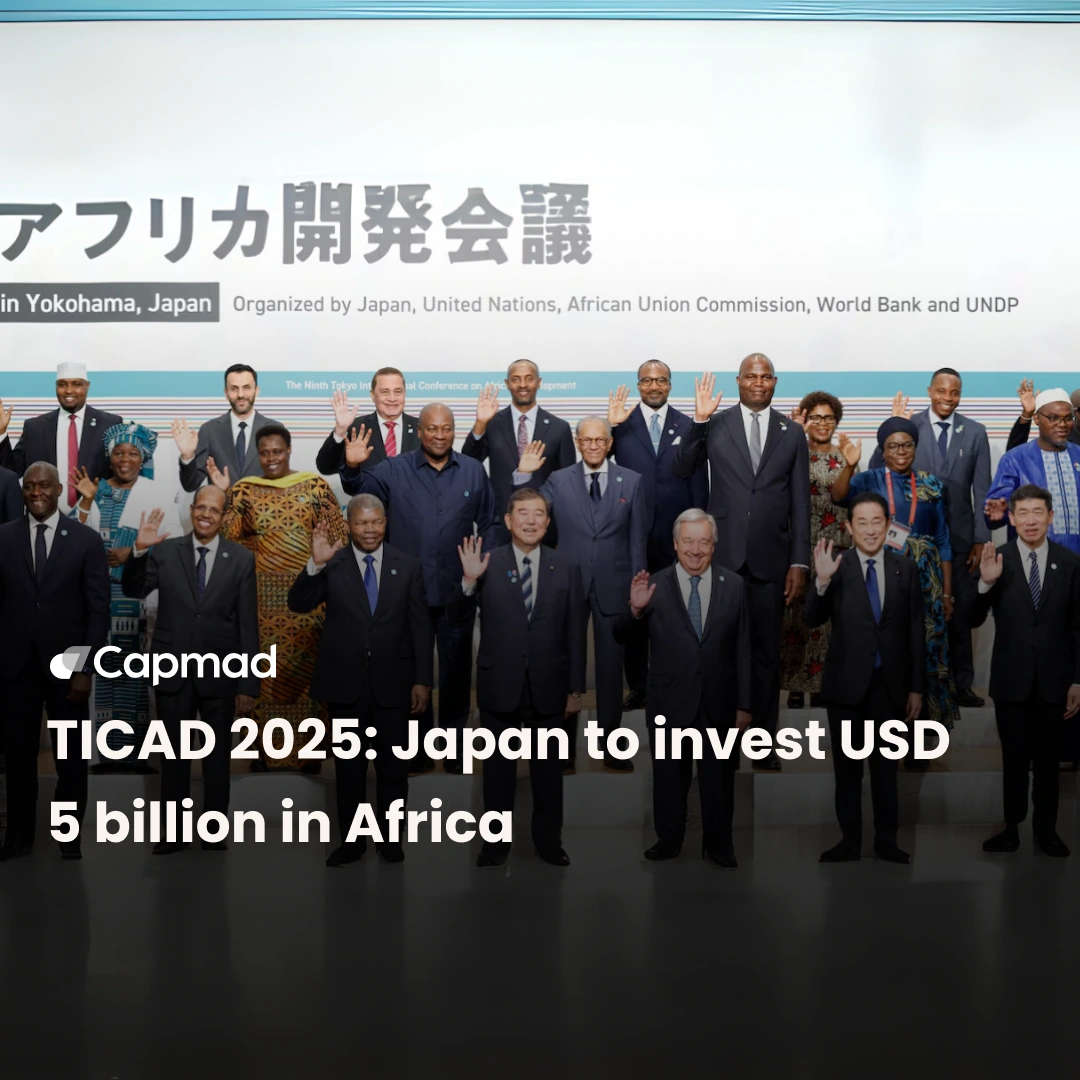Somalia Signs Several Socio-Economic and Security Pacts with Tanzania. In the agreements, Somalia affirms its commitment to regional development and security. Somalia seeks to rebuild its image, strengthen regional cooperation, and enhance trade exchanges with its East African trading partners.
Commitment to Regional Cooperation and Sustainable Development
Somalia has gradually carved out a prominent place within the East African Community under President Hassan Sheikh Mohamud’s leadership. Although it joined the bloc late, the nation is making decisive progress toward regional diplomatic leadership.
Somalia has recently strengthened its regional ties by signing five key economic agreements with Tanzania. This partnership marks a new chapter in the bilateral relations between the two countries. These memorandums of understanding cover essential sectors such as foreign affairs, health, tourism, defense, and education. This underscores a common commitment to regional cooperation and sustainable development.
Shared Vision of the Two Leaders
Somali Deputy Prime Minister Saalax Ahmed Jaamac presided over the event. He took the opportunity to highlight Somalia’s growing role in regional diplomacy and its efforts toward regional development. The agreements and the subsequent fieldwork are all due to Somali President Hassan Sheikh Mohamud. He has worked tirelessly to build Somalia’s economic and political stability and change the country’s long-standing negative image.
Somali President Mohamud visited Tanzania, where he was welcomed by the country’s President, Samia Suluhu Hassan. The two leaders shared a common vision of development and stability for East Africa.
Pact Covers Cooperation in Various Sectors
Signed in Mogadishu, the Somali capital, the pact covers cooperation in various sectors, including defense, tourism, health, aviation, and sectoral cooperation. In tourism, the agreement will serve, among other things, to promote Tanzania’s attractions, such as Zanzibar and Mount Kilimanjaro, on the one hand, and the emerging cultural heritage sites of Somalia, on the other.
“Cultural exchanges should foster mutual understanding and appreciation between the peoples of the two countries,” the report states. In the health sector, the agreement will see both countries conduct medical training, share expertise, and jointly manage public health crises, given the lessons learned from recent regional pandemics.
“For the health sector, both countries will conduct joint research projects, share medical resources, and coordinate emergency health responses together,” the report details. Regarding the transport sector, one of the most anticipated aspects of the agreement is the establishment of direct flights between Mogadishu and Dar es Salaam.
Direct flights will not only boost trade exchanges but also simplify business travel, tourism, and personal exchanges, building even closer relationships between the people of the two countries. Improving air connectivity is expected to catalyze economic growth by reducing travel times and costs.
Bilateral and Broader East African Integration
The two countries will also cooperate in education and environmental conservation by offering scholarships to students and conducting joint initiatives on climate change mitigation and addressing common environmental challenges.
The signing of these agreements is celebrated as a step forward in regional diplomacy and underscores a commitment to bilateral and broader East African integration. Local and international observers praise these agreements, calling them “significant progress toward Somalia’s economic recovery.”
After decades of conflict, Somalia seeks to rebuild, and strengthening regional economic ties is a step in the right direction. The two countries look to the future by focusing on implementing these agreements, ensuring they translate into tangible benefits for their citizens. This could result in new jobs, improved security, and strengthened cultural ties, paving a positive path for future collaborations in East Africa.
Knowledge Sharing Between Somalia and Tanzania
The agreement aims to encourage youth engagement in knowledge sharing and skill development, contributing to sustainable growth in both countries. Somali Deputy Prime Minister Saalax Ahmed Jaamac welcomed the signing of the agreements and stated that they reflect the shared ambitions of both nations.
Somali Foreign Minister Ahmed Macallin Fiqi shares similar sentiments and emphasizes Somalia’s commitment to regional cooperation. This partnership brings tangible benefits to both countries and fosters strengthening relations throughout the Horn of Africa.






